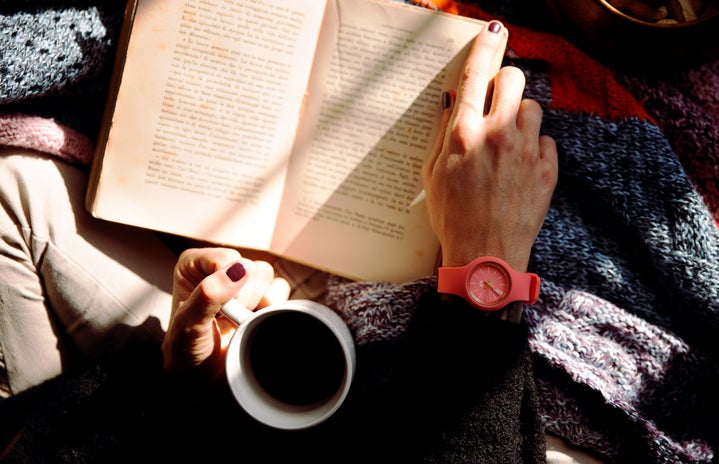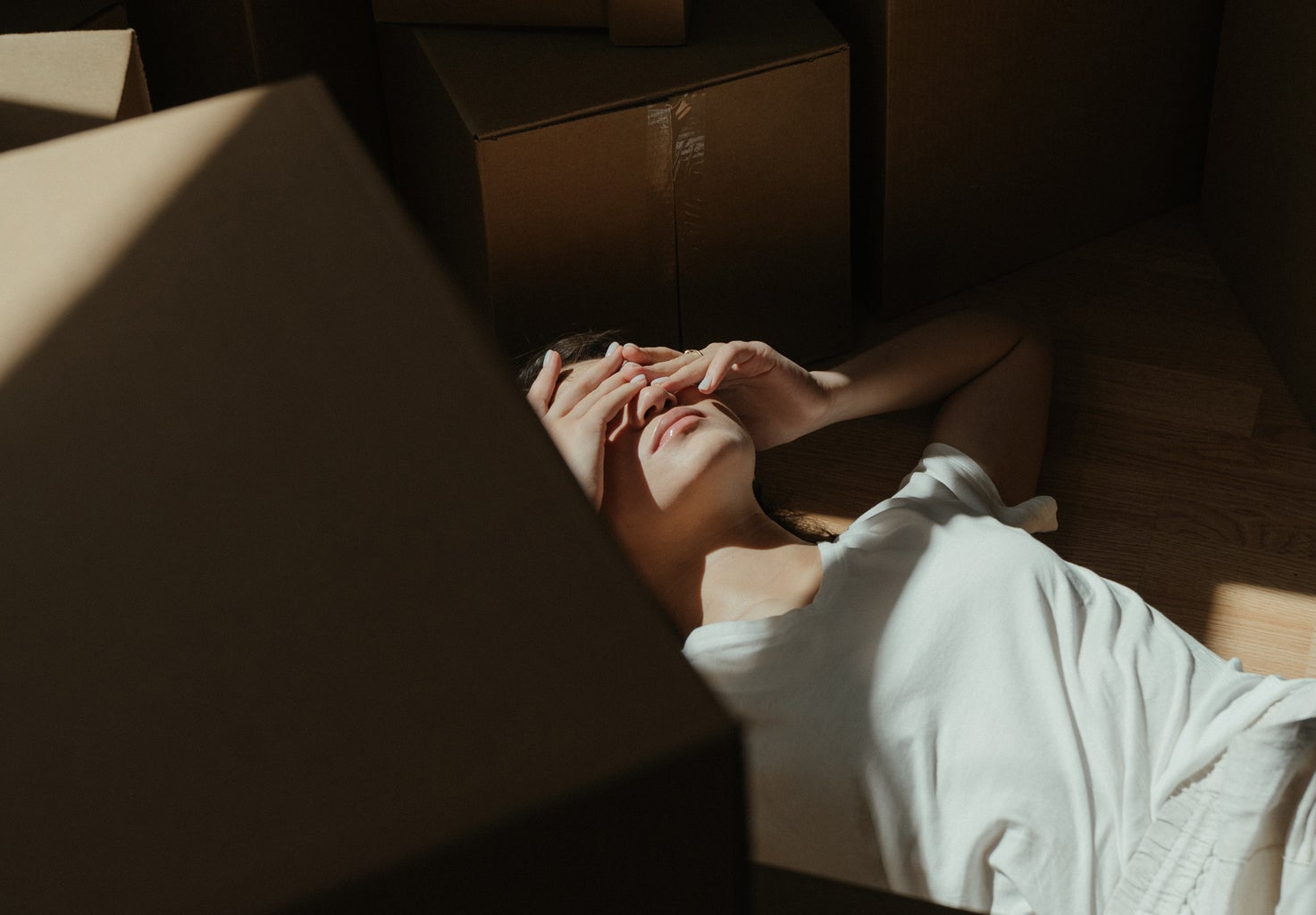Growing up, I knew I had a tendency to overthink and worry more than anyone else I knew. I was overly concerned with people liking me and making sure I did everything I could to make everyone around me as comfortable as possible—even if it came at the expense of my own comfort. I just thought it was my personality.
For a long time, everything worried me. If something bad happened, whether it be a non-perfect grade in a test or missing a serve in a volleyball game, I kept replaying it in my head over and over. My thoughts were centered around everything I did wrong and what I could do to never do that again: I opted to sit in the front of the classroom by myself rather than off to the side with my friends, and I practiced and perfected one kind of serve that always landed in the same spot on the other side of the court.
On the other hand, when something good did happen, like an award at the end of the year or an invitation to a party, I convinced myself it was because I got lucky or they were just trying to be nice. The good that did happen was overall short-lived. In other words, when something bad happened, it was my fault, when something good happened, it was a fluke that had nothing to do with me.
Because of that, whenever I felt happy or just good about myself, it felt like I had this cloud over my head that kept blocking the sunshine. Happiness always felt like the calm before a storm. Growing up in Chile, where earthquakes are as common as rain, I was all too familiar with how sudden destruction can be.
Given that science has yet to find a way to predict earthquakes, growing up we were always prepared in case a big one hit: we kept jugs of water, flashlights and fresh batteries in every drawer—because the first thing you lose is running water and electricity is cut off— glassware was always pushed as far back as possible in cabinets, and no shelves were ever placed above beds—because things can fall and break, which you especially don’t want to happen on top of your head.
I did the same thing in my head. I was always preparing for the earthquake to hit, especially when I felt happy, because happiness was the calm before the storm. The few blissful moments when the world goes quiet before the deep, guttural rumbling of the earth shakes your foundation and, more often than not, brings your world crumbling down.
I equated worrying to preparing—if I worry enough, if I’m thinking about it enough, then I’ll be prepared, right? But in that constant worrying, I never enjoyed being happy, because enjoying being happy meant I wasn’t preparing. In a way, I was a self-fulfilling prophecy: I kept worrying about an armageddon-type earthquake, and thus every small tremor felt catastrophic.
Today, I know that’s not the case: mistakes happen, failure is a part of life, and sometimes the foreboding rumbling is just a truck driving by. At the time, though, it didn’t seem that way.
A few years ago I was diagnosed with Generalized Anxiety Disorder (GAD). With that diagnosis came a lot of revelations about myself and the way I exist in the world. It gave me comfort, as I now understood my experiences more. I was hopeful about my life ahead, with less worrying and more enjoyment. I started therapy, tried medication for a while—though soon found that it wasn’t the path for me—and I occasionally journal to navigate my crowded thoughts.
These past few months, I’ve felt actual progress. It just hit me one random day. It was a few weeks ago, and there was nothing extraordinary about it—no bright epiphany where everything makes sense, no sudden realization or new emotion. I just felt happy. Nothing else, and it was amazing. There was no underlying worry, no negative thoughts, no fear. For what I truly believe is the first time in a long, long time, I wasn’t worried about some impending doom, and my, oh my, does that feel good.
While I still keep bottled water in the garage and don’t hang anything above my bed, I allow myself to smile and look forward to all the good that’s coming for me.
Helpful resources:



